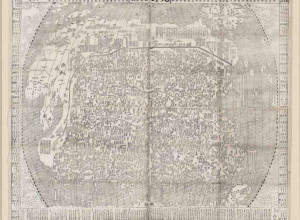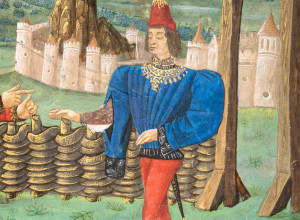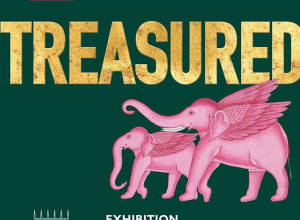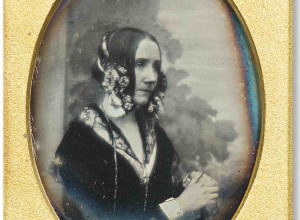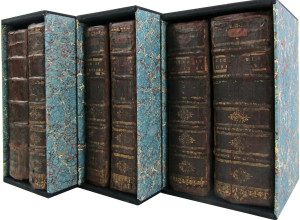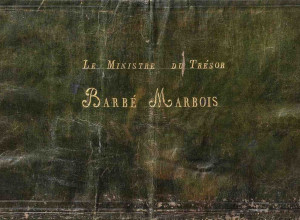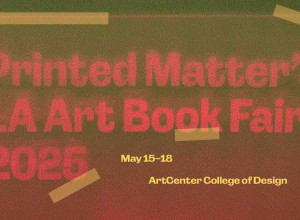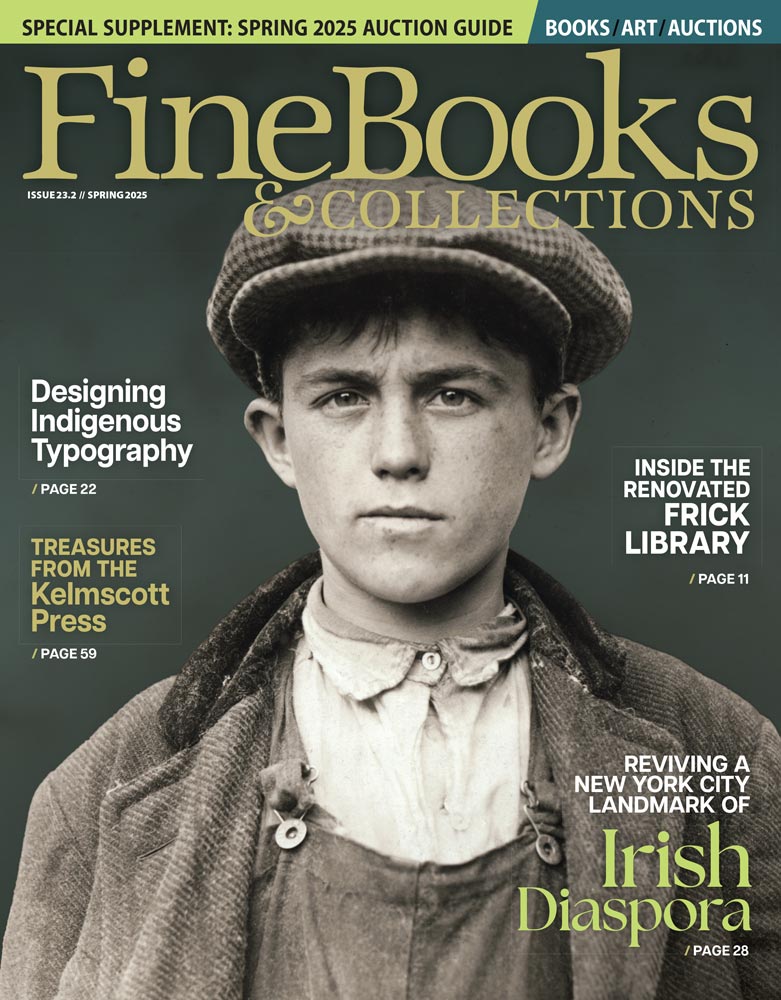13th Century Trilingual Dictionary, The Red Book of Bath, and The Form of Living Acquired by British Library
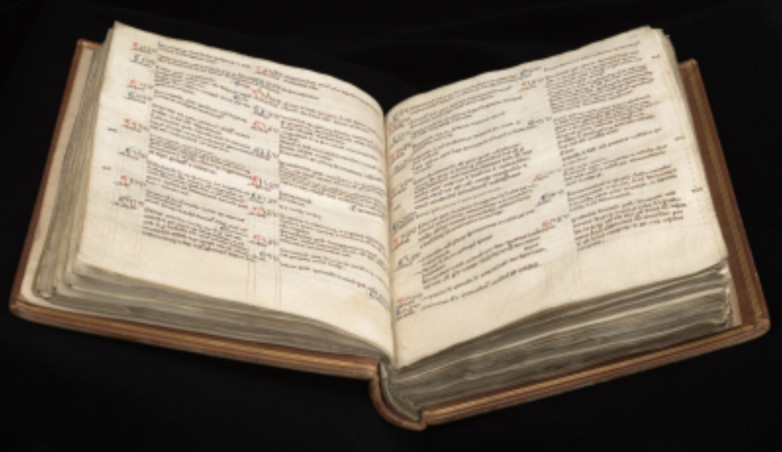
Trilingual Dictionary, Psalter and Hebrew Grammar
The British Library has acquired five exceptional medieval manuscripts from the private library at Longleat House, providing fresh insight into Jewish-Christian relations, the administration of a medieval town, theological debates, and medieval devotional art.
This acquisition has been made possible with a £1m grant from the National Heritage Memorial Fund and support from Art Fund, The American Trust for the British Library, British Library Collections Trust, and Friends of the Nations’ Libraries’. The works were acquired in negotiations brokered by Christie’s in a Private Treaty Sale.
The Trilingual Dictionary, Psalter and Hebrew Grammar is an unparalleled witness to Christian-Jewish relations in medieval England. Around the year 1250, the monks of Ramsey Abbey in modern-day Cambridgeshire compiled a unique dictionary of the Hebrew language in consultation with Jewish scholars, translating more than 3,500 Hebrew words into Latin and medieval French. The same volume also contains a unique Hebrew grammar made by the monks, the most accomplished medieval Christian grammatical work on the Hebrew language, and a Hebrew Psalter written by Jewish scribes.
The Red Book of Bath was made for the officials of the town of Bath in the 15th century. So-called because it retains its original medieval leather cover, once dyed reddish-pink, the Red Book contains a unique Life of King Arthur in Middle English verse, a unique Life of St Katherine of Alexandria (patron saint of Bath), two rare sketch maps of the Mediterranean, and numerous texts relating to commerce, local customs and the running of the town. The Red Book was clearly compiled for the town’s administrators - inside its front cover is a very unusual recess that would have once held weights and a pair of scales for weighing gold.
The manuscript containing Richard Rolle’s The Form of Living is a very unusual example of a Middle English literary manuscript made for a woman in 15th century Ireland and written in the Hiberno-English dialect. Richard Rolle (d. 1349) was a highly influential English mystical author, and this manuscript is believed to contain Rolle’s personal selection of his own works. Also found in the volume is the most complete surviving copy of A Revelation of Purgatory, an important visionary account by an English anchoress.
Soon after the year 1400, a Cambridgeshire cleric wrote a series of Middle English sermons, surviving in a single manuscript which is one of the five manuscripts acquired. The sermons throw fresh light on a controversial period of English Church history when theologians debated the broadening of access to the Bible and the influence of priests, in reaction to the teachings of John Wycliffe (d. 1384). Although the author of the sermons remains anonymous, another text known as Dives and Pauper composed by them was condemned by the Archbishop of Canterbury at the time.
Finally, the Arma Christi manuscript acquired by the Library with support from Art Fund is a devotional collection containing an unusual sequence of illustrations. While the artists are unnamed, the manuscript’s scribe has been identified as Theodericus Werken who was born in the Netherlands but moved to London by around 1450. Manuscripts of this kind highlight the importance of personal devotion and piety in the Middle Ages.
"The five manuscripts help to illuminate a 200-year period of political, religious and civil change in Britain and Ireland," said Julian Harrison, Lead Curator, Medieval Historical and Literary Manuscripts at the British Library. "The manuscripts are broad in scope, encompassing relationships between the Christian and Jewish communities, the running of a medieval town, unique literary and devotional works and debates in Christian theology. They represent a significant addition to our collection of medieval manuscripts and will be an invaluable resource for researchers in the future."






